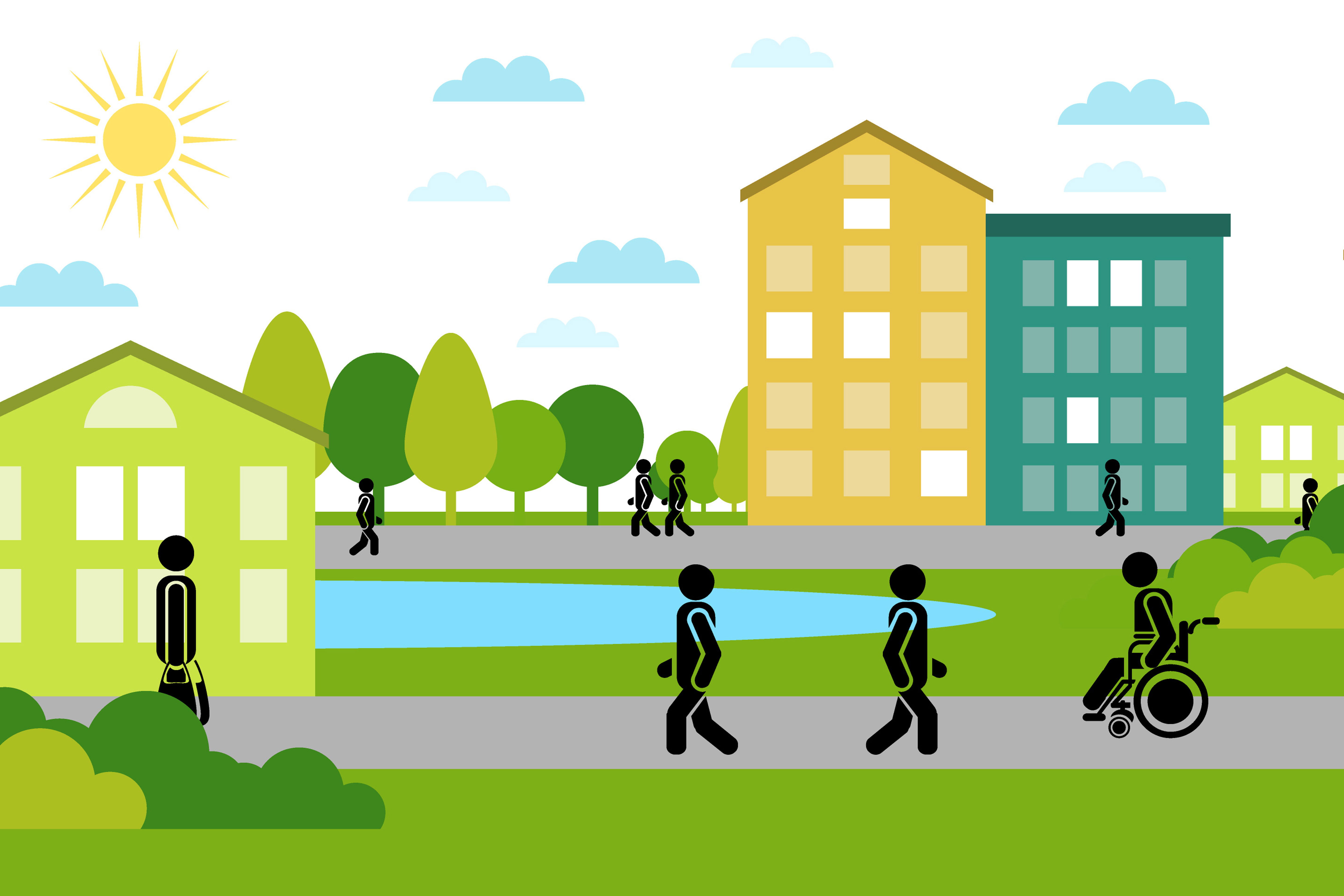Access: The TAC Blog
April 2017: Fulfilling the Vision of Fair Housing Month
APRIL MARKS THE 49th ANNIVERSARY of the passage of the Fair Housing Act. Yet people with disabilities were not covered by this transformative legislation until twenty years later. In passing the 1988 amendments, Congress at last embraced a national commitment to end the unnecessary exclusion of people with disabilities from the American mainstream.
Unfortunately, that commitment remains unfulfilled. In its 2017 report on national discrimination trends, the National Fair Housing Alliance (NFHA), a consortium of more than 220 nonprofit fair housing organizations, state and local civil rights agencies, and individuals from across the United States, reports that “As has been the trend over the past several years, housing discrimination against persons with disabilities continued to make up the majority (55.1 percent) of housing complaints investigated in 2015 across the board, with a total of 15,332 instances reported.”
A press release from U.S. Department of Housing and Urban Development (HUD) Secretary Ben Carson has proclaimed this year’s fair housing theme to be Fair Housing Equals Opportunity, “highlighting equality in housing as a foundation upon which aspirations can be achieved and affirming the Fair Housing Act’s ongoing role in confronting housing discrimination.” We welcome HUD’s continued commitment to fair housing and encourage the Secretary to maintain the agency’s robust support for these critical activities:
Enforcement
HUD must continue to prosecute housing discrimination against people with disabilities actively — whether that discrimination takes the form of new construction that is not physically accessible or a property’s policies and procedures that exclude people with invisible disabilities such as mental illness, brain injury, or HIV/AIDS. The NFHA data also indicates how important it is that HUD continue to fund local fair housing organizations that work directly with those impacted by exclusion and discrimination.
Training
New professionals enter the affordable housing field every year. Whether helping an architect who must sort out multiple state and federal requirements or a property manager who needs to master the subtleties of reasonable accommodation, HUD can play a supportive role, both directly and by funding community organizations that provide technical assistance.
Collaboration
HUD’s continued collaboration internally (e.g. HUD Fair Housing staff working with staff from Public and Indian Housing or Community Planning and Development), across federal agencies (e.g. HUD issuing joint statements with the Department of Justice), and with outside parties (e.g. Consortium for Citizens with Disabilities meeting regularly with HUD’s Assistant Secretary for Fair Housing) is vital to ensuring fair housing for people with disabilities.
Fair housing enforcement, training, and collaboration can help to create equal opportunity. However, actively and affirmatively furthering fair housing (AFFH) — as the Fair Housing Act requires — is vital to success. We urge HUD to commit to continued implementation of the AFFH final rule, including training and technical assistance activities. Disability issues are not yet adequately addressed in HUD’s technical assistance model but with commitment, we know HUD will get there. Let’s make next year’s 50th anniversary of the Fair Housing Act a real celebration.




